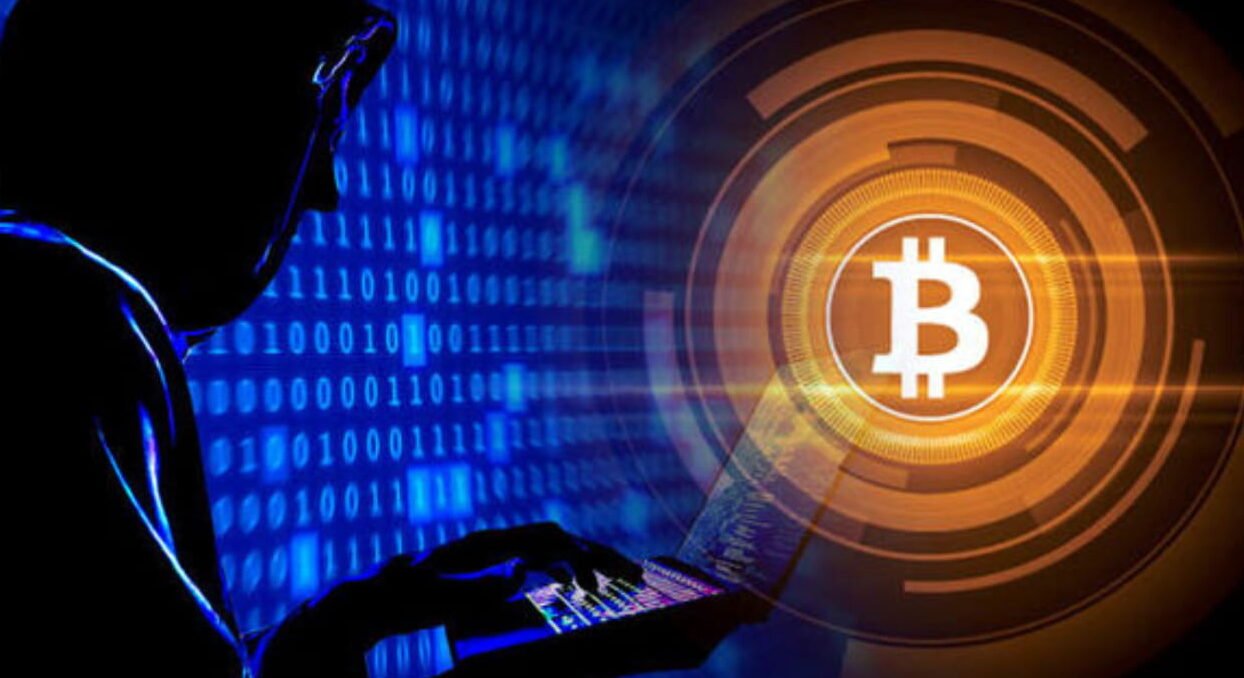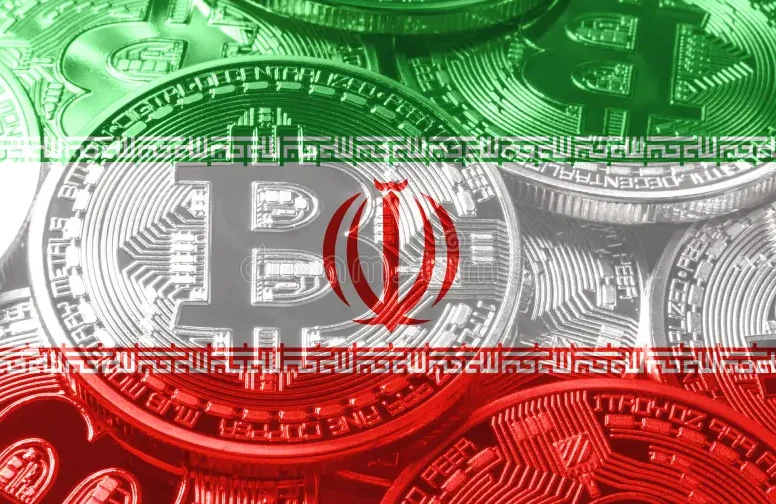In a stunning development that highlights the growing intersection of Nobitex hack Iran cryptocurrency and geopolitical tensions, Iran’s largest cryptocurrency exchange, Nobitex, was hacked for more than $90 million on Wednesday, marking one of the most significant politically-motivated cyberattacks in recent history.
The Attack: Scale and Sophistication
A pro-Israel hacker group calling itself “Gonjeshke Darande” or Predatory Sparrow has claimed responsibility for the Nobitex hack. The breach represents a sophisticated operation that targeted multiple blockchain networks simultaneously, with $82M stolen across Tron, Ethereum, and Bitcoin networks.
The hackers demonstrated both technical prowess and political messaging, using wallet names with politically charged names tied to anti-terror messages. According to blockchain analytics, investigators revealed the use of vanity addresses for the exploit, with one address initially stealing $49 million.
Exchange Response and Damage Control
Nobitex confirmed that a portion of its hot wallets saw signs of “unauthorized access” and was immediately “suspended” upon detection. The exchange issued a statement acknowledging the breach: “Our technical team detected signs of unauthorized access to a portion of our reporting infrastructure and hot wallet. Immediately upon detection, all access was suspended”.
Despite the massive financial loss, Nobitex has attempted to reassure users, stating that “Users’ assets are entirely protected, though the full extent of customer impact remains unclear.
The Hackers: Predatory Sparrow’s Political Agenda
The group behind the attack, known as Predatory Sparrow, also known by its Persian name Gonjeshke Darande, has a history of targeting Iranian infrastructure. Their motivation appears to be explicitly political, with the group accusing Nobitex of helping the Iranian regime finance terrorism and circumvent international sanctions through the use of cryptocurrency.
In a particularly bold move, the group said: “In 24 hours, we will release Nobitex’s source code and internal data, confirming it would release sensitive information in 24 hours and urged investors to pull their portfolios out of the Nobitex exchange.
Iran’s cryptocurrency market
The targeted exchange has faced scrutiny in recent years for its alleged connections to sanctioned activities. Nobitex, a major player in Iran’s cryptocurrency market, has come under scrutiny in recent years for allegedly facilitating transactions with entities sanctioned by the United Nations. Nearly $8 billion in transactions between Nobitex and Binance occurred between 2018 and 2022, according to a report by Reuters.
This history may have made Nobitex a desirable target for hacktivist groups seeking to disrupt Iranian financial operations that they view as supporting sanctioned activities.
Industry Impact and Broader Implications
Escalating Cyber Warfare Trends
This attack represents a concerning escalation in state-sponsored or politically motivated cyberattacks targeting financial infrastructure. The apparent cyberattack comes as Israel and Iran engage in a days-long escalating military conflict, suggesting that cyber operations are increasingly becoming extensions of geopolitical disputes.
Cryptocurrency Exchange Security Vulnerabilities

The Nobitex hack exposes critical vulnerabilities in cryptocurrency exchange security, particularly for exchanges operating in politically sensitive regions. The attack’s success across multiple blockchain networks demonstrates the sophisticated nature of modern cyber threats.
Regulatory and Compliance Implications
The incident highlights the complex challenges exchanges face when operating in jurisdictions subject to international sanctions. The hackers’ explicit reference to sanctions evasion as justification for their attack may influence future regulatory approaches to cryptocurrency exchanges in countries subject to sanctions.
Technical Analysis: How the Attack Unfolded
Based on blockchain analytics, the attack appears to have been carefully planned and executed across multiple phases:
- Initial Infiltration: Hackers gained access to Nobitex’s hot wallet infrastructure
- Multi-Network Exploitation: Simultaneous drainage across Tron, Ethereum, and Bitcoin networks
- Political Messaging: Use of vanity addresses with anti-Iranian government messages
- Data Theft: Claimed access to internal systems and source code
Looking Forward: Industry Response and Prevention
Enhanced Security Measures
This incident will likely prompt Nobitex hack Iran cryptocurrency exchanges worldwide to reassess their security protocols, particularly regarding:
- Hot wallet management and access controls
- Multi-signature security implementations
- Geographic and political risk assessments
- Incident response procedures
Geopolitical Risk Considerations
Exchanges operating in politically sensitive regions may need to implement additional security measures and consider the intersection of cybersecurity and geopolitical risk in their operational planning.
Conclusion
The Nobitex hack represents more than just another cryptocurrency exchange breach—it signals a new era where cyber warfare increasingly targets financial infrastructure as an extension of geopolitical conflict. “These cyberattacks are the result” of escalating tensions, but they also highlight the vulnerability of digital monetary systems to politically motivated attacks.
As the cryptocurrency industry continues to mature, exchanges must grapple not only with traditional cybersecurity threats but also with the reality that they may become targets in broader geopolitical conflicts. The Nobitex incident serves as a stark reminder that, in our increasingly interconnected digital world, financial infrastructure has become a new battleground in international disputes.


